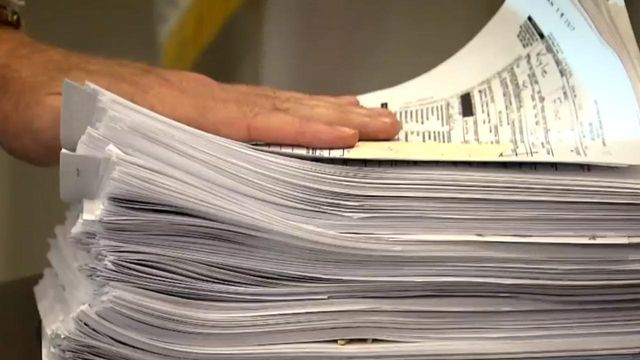Wake County has alarming number of fentanyl deaths since 2013
A new report sheds light on overdose deaths in Wake County.
Posted — Updated"Here's a stack of death certificates of people who have died in Wake County in the last several years from drug overdose," said Wake County Register of Deeds Charles Gilliam. "Don't let your friends be in this stack."
"We started mining this drug data because of the information that we were receiving from law enforcement and medical people about how fentanyl is driving drug overdoses and deaths," Gilliam said. "That's why we set out to quantify it."
"Obviously, there is drug use in Raleigh," said Raleigh resident Morgan Dougherty. "Drug overdose and drug use is a huge issue across the country."
Gilliam said he hopes the report helps someone struggling with drug abuse.
"If you know somebody who is taking drugs, warn them that they need to get help," Gilliam said. "You don't want to be in this stack."
Related Topics
• Credits
Copyright 2024 by Capitol Broadcasting Company. All rights reserved. This material may not be published, broadcast, rewritten or redistributed.





